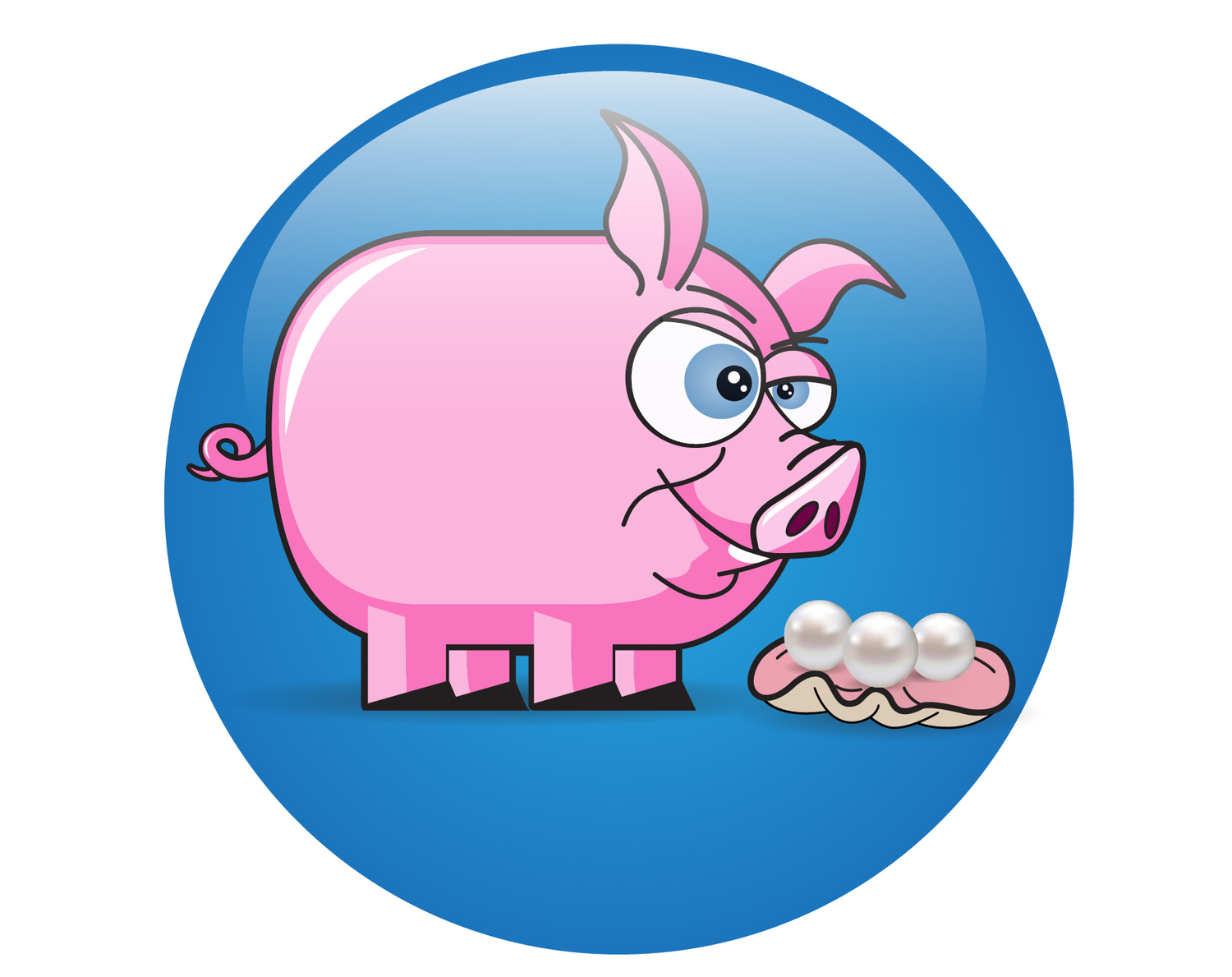Self Care by Leigh Stein - PP
/Self Care by Leigh Stein is a plot-less avalanche of sentences like this:
On my body, I used exfoliating yoga soap, made with shea butter and marine nutrients, with an aquatic bouquet of sea kelp and coconut. On my vulva, I used Drop of Hope from Lush, made with rapeseed oil and tofu.
If that did it for you, than praise the Lord, you’re in for the ride of your life. If it didn’t, then bail on this book, and even this review, right now. Here’s another taste:
My anti-inflammatory, gluten-free, dairy-free, low-glycemic non-GMO organic meals were delivered weekly by Urban Remedy.
If you’re still reading, then you must be salivating for trendy buzzwordy blogtastic sentences, so here’s one more before I get to the meat of my review. This next one is the perfect litmus test in that I think it’s Leigh at her best.
Then Pheel became so popular that they took over the yoga studio. And when the Weight Watchers across the hall closed, they rented that space, too, and doubled the size. Now there was a merch shop where they sold Palo Santo smudge sticks (“burn what’s haunting you or just burn up your Insta feed”), a $495 meditation mat in “bisque,” and natural crystal Chakrub dildos in amethyst and jade, designed to “remove blocks caused by sexual trauma.”
Now on to the recap and review.
The protagonists of this book are two relatively young white females who have started a self-care social networking website for women in need of more me time. It is narrated alternatively by the two main characters as well as by their star black female employee.
The narrative kinda builds up to a kinda corporate crisis with a mostly half-ass sorta resolution. But again, there’s not really a story, we just learn about the entrepreneurial endeavor from each character’s viewpoint as they overload our senses with punchy sentences like the above.
Themes include influencer culture, internet feminism, wellness, victimhood, wokeness, empowerment, white privilege, cultural appropriation, white guilt, self-loathing, self-obsession, social entrepreneurism, click-baity confessions, safe space monetization, virtue signaling, justice warrioring, marginalization, cancelation, objectification, Kundalini yoga, and coconut water kale celery mango smoothies.
I’m not overly familiar with this world and was not very impressed by all the hip lingo and specificities. Unfortunately for me, I think that you need to identify with these characters and their internet-obsessed lifestyles in order to be moved to laughter. If you are, you’re in for a treat. If not, I recommend an eight ball of cocaine to help get you through if you decide to read this for some reason. Like you’re in college and hoping that reading this will help get you laid. Good luck!
Having said that, there were two things that I liked about this book.
#1) It was short.
#2) The social network business was a quality idea as it was filled with ironies, including the irony that the two founders of the self-care company were utter failures at taking care of themselves.
That was about all there was to like for me. There were only a handful of moderate laughs. For the most part, I was bored and wondering where the story was. Then outta nowhere, some weird doll-fetish erotica takes center stage (I think to imply that men see women as nothing more than dolls to be sexually enjoyed and cast aside), and then there’s a scandal, and then we’re done.
To be honest, the ending just seemed like a way for Leigh to get the hell out of there. I can just see her sending the final chapter to her publisher and saying, “Is this good enough? Can I be done now? Can I go watch TV? I think Ally McBeal is on.”
To sum up, Self Care lacks a plot, lols, and any kind of worthwhile message, not that I’m in it for worthwhile messages. I’m all about being entertained. And this book did little to entertain me. But as mentioned above, it does have an audience. I’m just not it. 2 piles of poop.
Bonus Quote: Sadly, this is not from the “story” itself, but is the quote prefacing the “story”: If you think the internet is terrible now, just wait a while. —Balk’s Third Law


